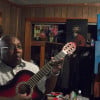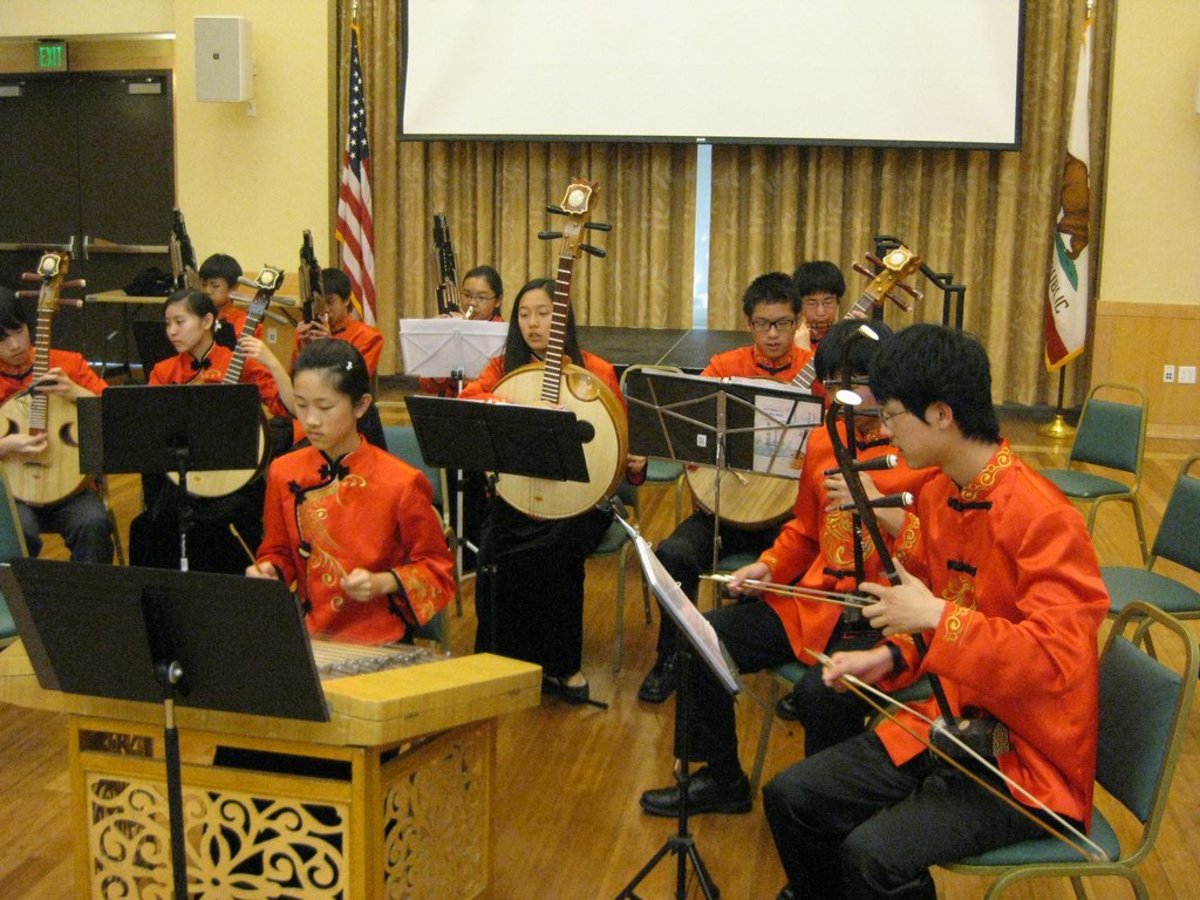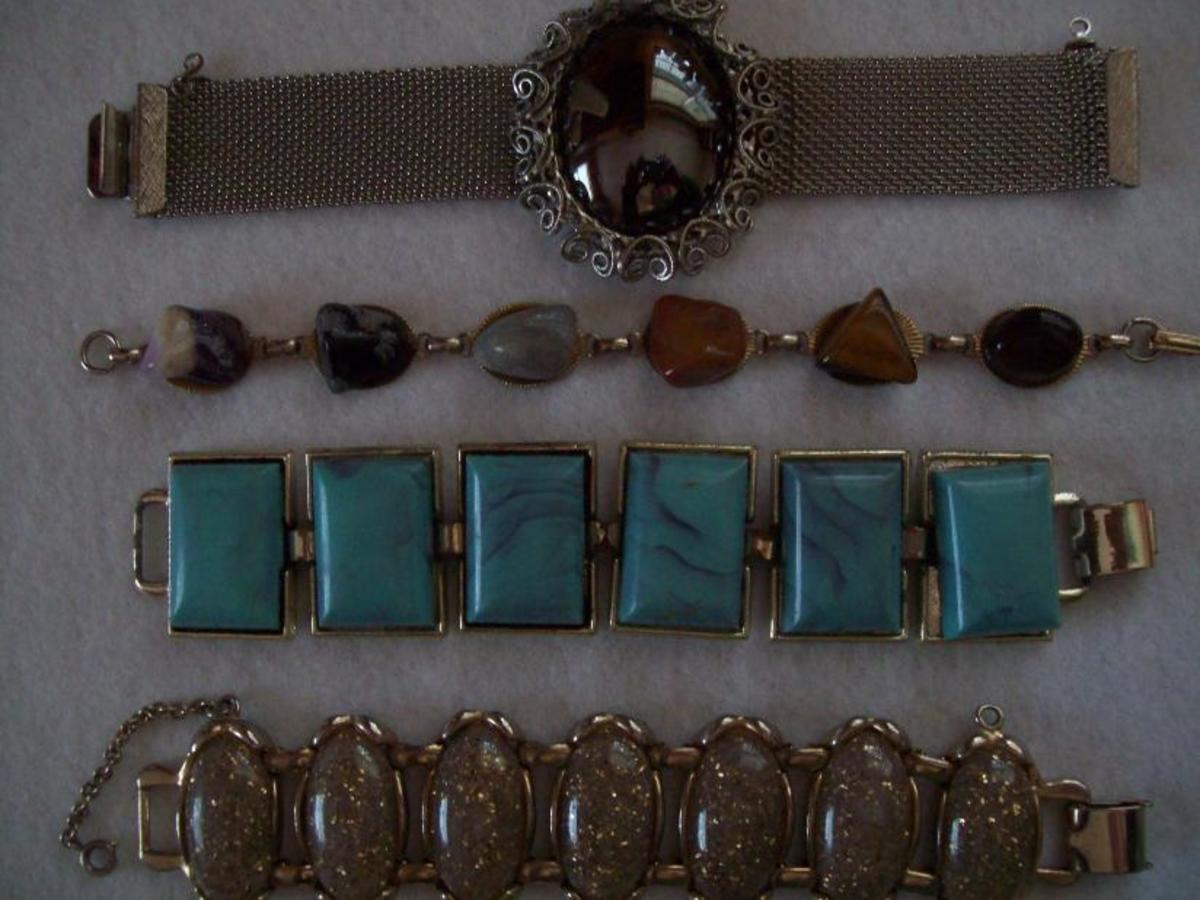The Musician's Corner: A Brief History Of The Recorder
A Brief History Of The Recorder
The Recorder is a very old woodwind instrument that has been around for over five hundred years in various forms. Despite its long history, it is often looked upon as a toy or a child's instrument. To the contrary, the recorder is a venerable instrument and should be taken seriously.
The recorder was the existing flute during the day of composers like Handel and Bach. It was an instrument that was very well-suited to play along with the predominant keyboard instrument of that day, the harpsichord.
With the invention of the piano and the violin and their addition to the orchestra, the recorder's popularity declined. This was mainly due to the fact that it was hard to hear it over these instruments. When the modern flute came into existence and it was demonstrated that it could hold its own with the aforementioned instruments as well as the other members of the orchestra, it overshadowed the recorder, relegating it to once again being an instrument primarily to be played at home rather than on the concert stage.
For nearly 150 years, the recorder all but disappeared from public view. In the early 1900s a gentleman by the name of Arnold Dolmetsch began making instruments and along with members of his family, playing old music on the instruments for which that music was written. Along with the clavichord, Viola Da Gamba and other instruments, Dolmetsch sparked a renewed interest in the recorder.
In primary schools the world over, children were once again learning how to play the recorder in music classes. Due in part to its availability and affordability, the recorder became more popular than ever largely because of the efforts of Dolmetsch.
Today the recorder is still popular in primary schools, often being the first instruments that many children learn to play. It is also used as a tool to teach children the basics of music theory by having them learn simple songs like "Mary Had A Little Lamb" and "Three Blind Mice."
Not surprisingly, it has found its way into popular music, being used by such artists as diverse as The Beatles ("The Fool On The Hill"), The Rolling Stones ( "Ruby Tuesday") and The Clark-Duke Project ("Sweet Baby").
If its popularity today is any indication, the recorder has a bright future ahead that will only add to its legacy. Perhaps it will get the respect that it deserves yet.








